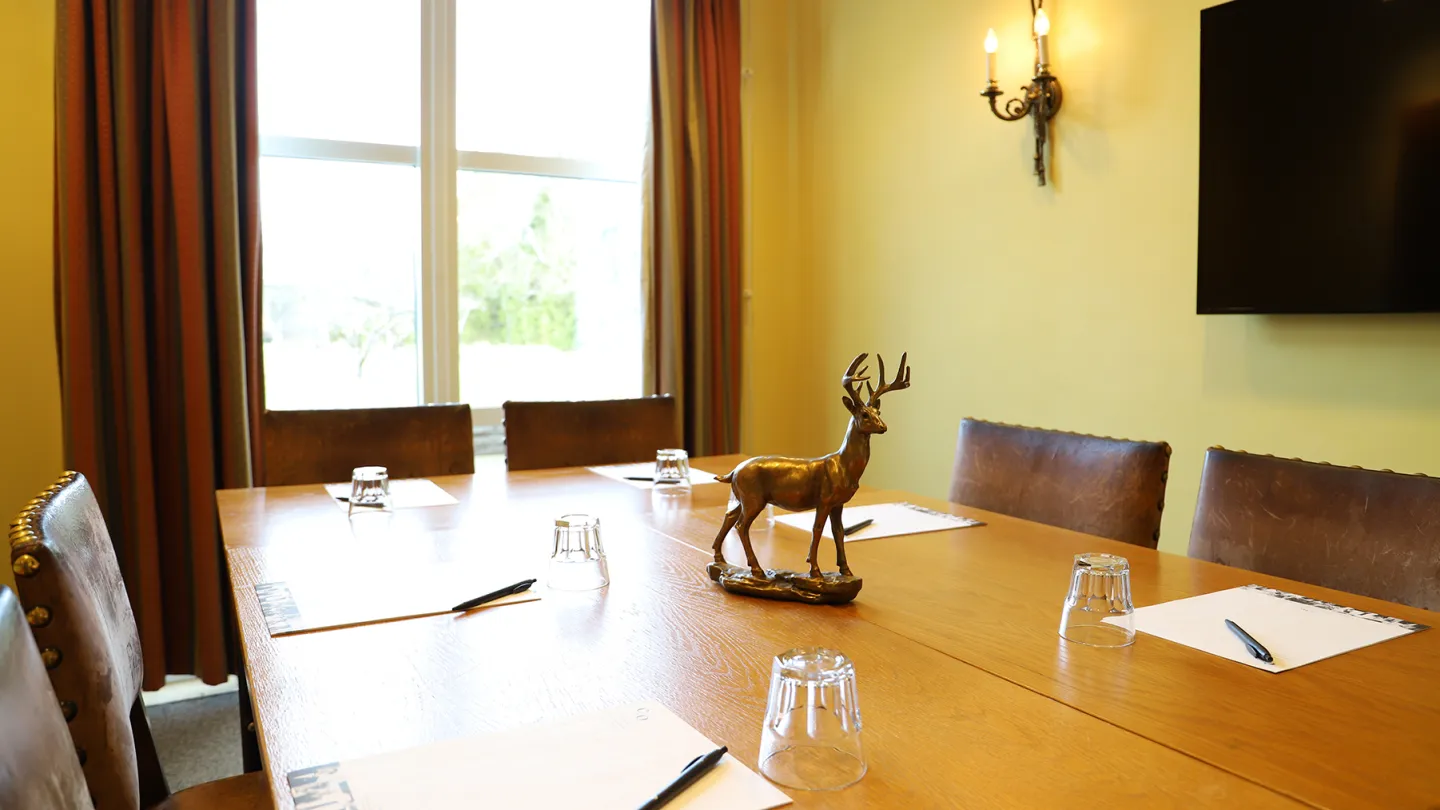Axel Wenner-Gren's self-confidence was widely known. Having achieved enormous success in his youth, he believed he could handle almost anything. This confidence led him to attempt peace negotiations through clumsy meetings with the prime ministers and presidents of his time, contributing to the humiliating – and devastating – blacklisting during World War II.
To protect the funds from the American part of Electrolux from confiscation, Axel started The Viking Foundation, tasked with supporting anthropological research. The Hungarian and former director Paul Fejos was appointed as its head. Paul and Axel became very close friends, and the Hungarian fostered the interest in research and science that had always been present in Wenner-Gren. Axel had found his new calling. From then on, more and more of his time – and his money – went towards the progress of research. Since he had no children, it was a good way to leave something for posterity. However, Axel was also a vain man and he wanted to be more recognized than Nobel.
In 1961, shortly after Axel's death, Professor Hugo Theorell painted a picture of a great man with a great idea. "In short, the idea was that scientific methods should be applied to all forms of human activity and coexistence to give everyone on Earth a happier life." Just a few months later, the Wenner-Gren Center was inaugurated by King Gustav VI Adolf. The ceremony took place on the top floor, with the queen, Wenner-Gren's wife, and most of the tops in science present. The ceremony began and ended with student songs. "I believe it is not an exaggeration to say that in Dr. Axel Wenner-Gren, the interest in science in almost all its forms has been a passion," said the king in his speech about the man whose spirit seemed to hover over the assembly. The Wenner-Gren Foundations still award very large sums for research today.

